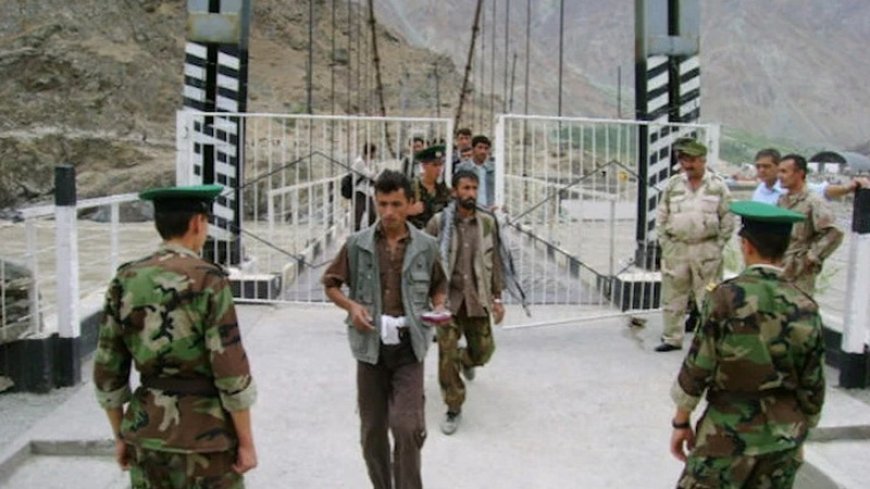Tajikistan and Uzbekistan are concerned about Taliban policies

President of Tajikistan Emomali Rahmon at the V Consultative Meeting of the Heads of State of Central Asia in Dushanbe, expressing concern about the growth of terrorist threats, said: “The situation in Afghanistan is of particular concern to us.” Emomali Rahmon further added that the volume of drug smuggling from Afghanistan to Tajikistan is increasing. After the Taliban regained power in Afghanistan about two years ago, ensuring the security of common borders became the most important issue between Tajikistan and Afghanistan, since one of the reasons for the Taliban's return to power in Afghanistan is the spread of terrorism to Central Asian countries as part of US policy. That is why there are still concerns in Tajikistan about the spread of insecurity from Afghanistan to the country's borders. In this regard, according to Tajik sources, the number of Tajik checkpoints on the border with Afghanistan has increased to more than 100.
The Dushanbe government is still concerned about the spread of terrorism and security in Tajikistan from Afghanistan. Regional affairs expert Asdullah Zaeri says: “One of the reasons for growing concern in Tajikistan is the country’s conflict with the Taliban. The presence of some of the group’s opponents in Tajikistan is fueling serious mistrust between the two sides. Tajikistan is concerned about the infiltration of terrorism from Badakhshan province into the country.” However, not only in Tajikistan, but also in other countries in the region there are concerns about this problem. In this regard, President of Uzbekistan Shavkat Mirziyoyev, reacting to the Taliban’s plan to build the Kush-Tepa canal, emphasized that the commissioning of the Kush-Tepa canal in Afghanistan could radically change the water regime and balance in Central Asia. Speaking at a meeting of the Council of Heads of State of the Founders of the International Fund for Saving the Aral Sea (IFAS) in Dushanbe, he proposed to involve representatives of Afghanistan in a regional dialogue on the joint use of water resources in Central Asia.
The water problem is one of the acute problems between Afghanistan and neighboring countries that share water from a common river. The Amu Darya is also one of the common rivers. A significant part of Uzbekistan's agricultural land, especially cotton, depends on the water of the Amu Darya. For this reason, the President of Uzbekistan announced that in connection with the impact of the construction of the Kush-Tepa canal on the water situation in the region, he considers it necessary to form a joint working group to study all aspects of the construction of the Kush-Tepa canal with the help of research institutes of our countries and the impact of this on water regime of the Amu Darya. The Kush-Tepa irrigation canal is the largest water supply project in northern Afghanistan. He will take 10 billion cubic meters from the Amu Dar River. m. water. The length of the canal is 285 km, width - 152 m, depth - from 8.5 to 12.5 m. According to The Economist magazine, if the construction of the Kush-Tepa canal is completed, this could lead to an increase in regional conflicts, since the project will distract water to Afghanistan from the Amu Darya near the border with Uzbekistan.
It should be noted that the canal drains water from the river. The Amu Darya, used by Uzbekistan to irrigate cotton fields, which are the main source of employment for the population. In this regard, water and environment expert Najibullah Sadida said: “The Kush Tepa canal project is an ambitious statement by the Taliban government. By quickly executing the project, it is trying to present itself as a capable ruler committed to the development of Afghanistan. The Taliban are showing their power in implementing ambitious infrastructure projects, shows that he is concerned about the future of Afghanistan, and thus, by attracting the attention of public opinion, strengthens his power in the country." The political process of Taliban rule in Afghanistan, for whatever purpose, has increased concerns in the security and environmental sectors. This could provoke tension in the region, especially around water. Meanwhile, neighboring countries expect the Taliban to act as a responsible ruler.
Economist













































